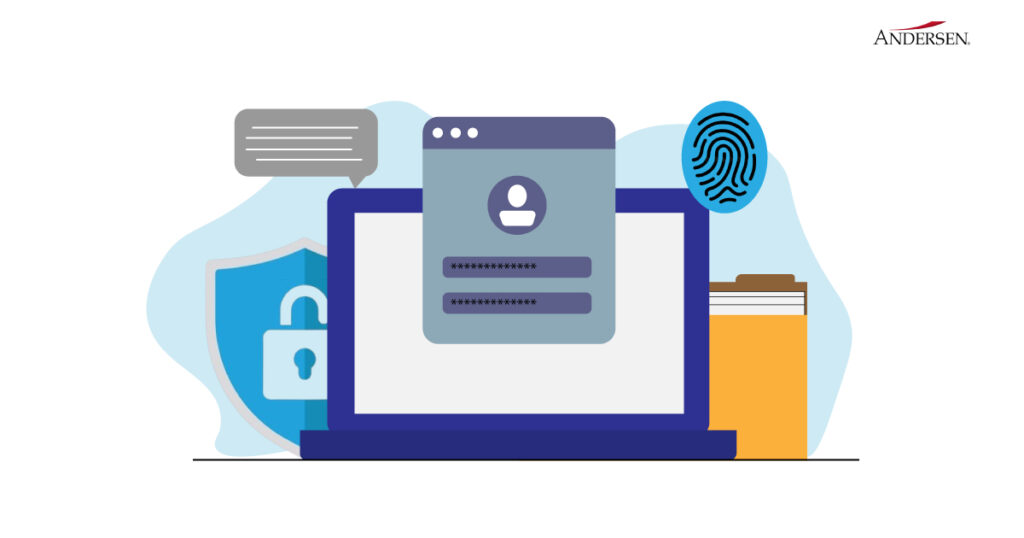As Georgia continues to develop a well-regulated environment for systemic electronic gambling, licensed operators are increasingly targeting international markets. They are offering services to foreign players. In parallel, the question of how such players can legally fund their accounts and withdraw winnings has become a key operational and compliance issue.
While the Georgian legal framework enables international access, it clearly restricts how and in what currency players can make payments.
This article outlines the key regulatory and practical considerations. Gambling operators must take these into account when facilitating payments to and from foreign players.
For more on the fiscal advantages available to gambling operators in Georgia, see our guide to online gambling tax benefits.
GEL as the Sole Legal Means of Payment

Under Georgian law, the Georgian Lari (GEL) is the only legal means of payment in the territory of Georgia. This means that all transactions related to the provision of services on the territory of Georgia — including participation in gambling games — must be conducted in GEL. This general rule applies regardless of whether the customer is a Georgian or a foreign national.
Although Georgia maintains a liberal approach to foreign exchange operations in many areas, the law sets limits. It generally prohibits service providers from conducting transactions in foreign currency within the country.
Exceptions apply only if the transactions fall within narrowly defined categories. As a result, gambling platforms serving customers on the territory of Georgia must ensure they process both deposits and withdrawals in GEL.
Permitted Use of Foreign Currency
Despite the general requirement to use GEL, parties may involve foreign currency in cross-border transactions under certain conditions. Specifically, if a foreign player located outside Georgia initiates a payment from abroad, the player may transfer the funds in a foreign currency. However, the Georgian financial institution or payment service provider must convert the funds into GEL upon receipt. This ensures that the gambling operator complies with local currency regulations.
Cryptocurrency Considerations

Georgian law does not recognize the use of virtual assets, including cryptocurrencies, as a lawful means of payment.
As a result, licensed gambling operators may not accept cryptocurrency for player deposits or use it to settle winnings.
That said, players may still use licensed virtual asset service providers (VASPs) to convert cryptocurrencies into fiat currency outside the gambling platform itself. Once a party exchanges the virtual asset, they may transfer the resulting funds through the financial system to the gambling operator, subject to applicable compliance requirements. Importantly, the law does not permit gambling platforms to process or hold cryptocurrencies in connection with their operations.
Authorized Payment Channels
In practice, Georgian gambling platforms use a variety of compliant channels to support payments from foreign players. These typically include:
- Bank Cards and International Transfers: Platforms may accept deposits via internationally recognized debit and credit cards, as long as the acquiring and settlement process ensures compliance with GEL-based settlement rules.
- Electronic Wallets and Payment Service Providers: Licensed PSPs operating in Georgia play a key role in supporting cross-border payments by converting incoming foreign currency payments into GEL and ensuring secure transfers within the financial system.
- Bank Transfers from Abroad: In cases where players initiate direct transfers from foreign bank accounts, operators must ensure that the incoming funds are converted and credited in GEL.
Compliance and Monitoring Obligations
Gambling operators are subject to extensive anti-money laundering (AML) and counter-financing of terrorism (CFT) regulations. These include mandatory customer due diligence, real-time transaction monitoring, and suspicious activity reporting. Operators must verify the identity and residency status of foreign players, assess the legitimacy of incoming funds, and ensure they do not involve prohibited jurisdictions or high-risk actors.
Additionally, the use of intermediaries such as PSPs or VASPs must be aligned with Georgian financial regulations. Operators are expected to perform appropriate due diligence on their service providers and ensure that all transactions are traceable, transparent, and conducted through regulated channels.
Georgia provides a robust and well-regulated environment for systemic electronic gambling platforms to operate and expand internationally. However, operators serving foreign players must carefully structure their payment flows to comply with domestic currency regulations, AML requirements, and restrictions on virtual assets.
By using authorized financial institutions and PSPs, ensuring GEL-denominated settlements, and maintaining strong internal controls, gambling platforms can offer a seamless and compliant payment experience to their international users.
Rules for Mandatory and Voluntary VAT Registration in Georgia
Value Added Tax (VAT) plays a key role in Georgia’s tax system, and understanding the…
Georgian Law on Entrepreneurs
The Law of Georgia on Entrepreneurs in Georgia establishes a clear and modern framework for…
Protecting Personal Data in Georgia’s Thermal Screening Era
In recent years, thermal cameras have become increasingly common in Georgia across various industries, including…
Public Registry’s Verification of Foreign Apostilled Documents in Georgia
Public Registry’s Verification Practice The LEPL National Agency of the Public Registry (Public Registry) has…
Unilateral Termination of Registered Lease Agreement
Due to the practice of the National Agency of Public Registry of the Ministry of…
Virtual Assets Regulation in Dubai: An Overview
The global digital economy is expanding rapidly. Countries now compete to attract businesses in blockchain,…






